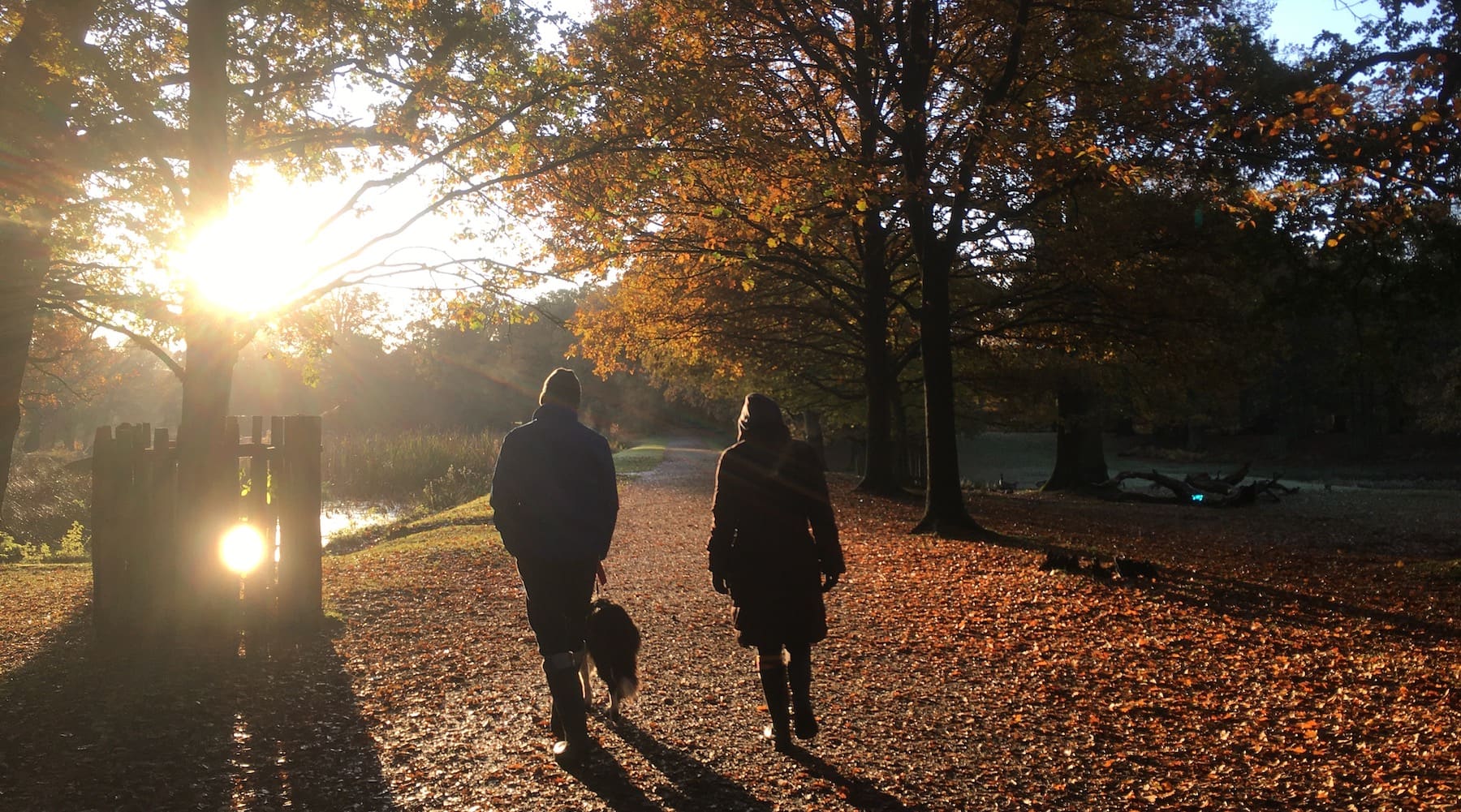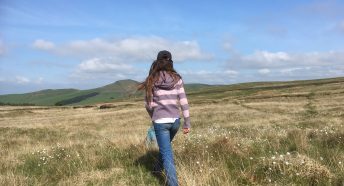CPRE responds to Greater Manchester Spatial Framework consultation
CPRE’s response to the Greater Manchester Spatial Framework consultation has now been submitted.
The Campaign to Protect Rural England North West Regional Group, CPRE Lancashire, CPRE Cheshire and Friends of the Peak District (herein after referred to as CPRE) responded to the Greater Manchester Spatial Framework Revised Draft, January 2019.
Overall, we are pleased with the positive amendments to this version of the framework, which will guide strategic planning decisions over the next 20 years. However, we think there can be much more greenfield land saved from needless development. In the downloadable document, see below, we set out our genuine planning reasons as to why this is the case.
Like GMCA, CPRE wishes to see a more attractive and socially inclusive city region with safe, decent and affordable homes and jobs for everyone. We are supportive of the aim to reinvigorate existing town centres, with integrated public transport hubs. We applaud the wish that everyone has access to quality green space and clean air to breathe. Importantly, the people of Greater Manchester will continue to have access to green spaces on their doorstep to enjoy for recreation and leisure with all the health and well-being benefits derived from a walk or bike ride in the countryside.
CPRE observes that the Revised Draft really does “bring the Countryside into the City-Region”. We recognise that GMCA has listened to the vast majority of people who objected to Green Belt loss, and that many Green Belt allocations have now been removed, and there are proposals to create 69 new parcels of Green Belt, with an improved focus on brownfield land reuse. This will ensure that the countryside of Greater Manchester is better protected and enhanced for future generations. The benefits of the rural landscape are wide, and include related jobs in farming and food production, natural capital services, including a network of habitat for our wildlife and flood-resilience to assist climate change adaptation.
CPRE has considered the Revised Draft GMSF policies and allocations and has prepared answers to the 140 questions posed with relevant commentary. We still have a number of significant concerns, such as the economic growth rate assumed being unreasonably high, particularly given the ongoing economic uncertainties recognised in the Revised Draft GMSF, but perhaps not extensively enough, as the result of Brexit and wider global economic shocks. This in our view has led to inflated jobs and housing figures.
The preference for brownfield land being developed in advance of greenfield is of real merit and we applaud GMCA for this approach. That said, we remain concerned that there are too many brownfield sites where the Revised Draft GMSF offers little or no prospect of being brought forward for development. Despite the Government’s National Planning Policy Framework, 2018, introducing Section 11 to make more effective use of land, including brownfield, combined with recently introduced Brownfield Registers, we see sites defined as “unsuitable” as undervalued. We think GMCA could use its devolved powers to more effectively unlock the potential of these wasted sites and in doing so more greenfield, including Green Belt, land could be spared from needless development.
We referred to the “Review of Build Out” led by Sir Oliver Letwin MP, and commissioned by the Government, which offers GMCA with constituent local authorities potential leverage to gain further powers to increase the rate of housebuilding within Greater Manchester. The new powers Letwin recommends would be of direct relevance to achieving GMCA objectives for affordable housing delivery in particular and we would therefore recommend that GMCA should press central Government to apply the Letwin recommendations within and across Greater Manchester. At the time of writing the Government is yet to formally respond to the Letwin Review, but it is potentially significant.
We present our ideas for targeted action by suitable partnership approaches including community-led regeneration in the future. We hope that in practice, more “grot spots” could be cleaned, developed and/or greened to make a more meaningful contribution in the future. We think everything that is possible must be done to optimise the societal value of all brownfield land so it may be fruitfully reused.
We hope CPRE’s response makes a real difference to the future planning of Greater Manchester and that our calls to protect and enhance more countryside, and valued urban green spaces, particularly that protected by Green Belt, are heard in the Submission Version due out in Summer 2019.






